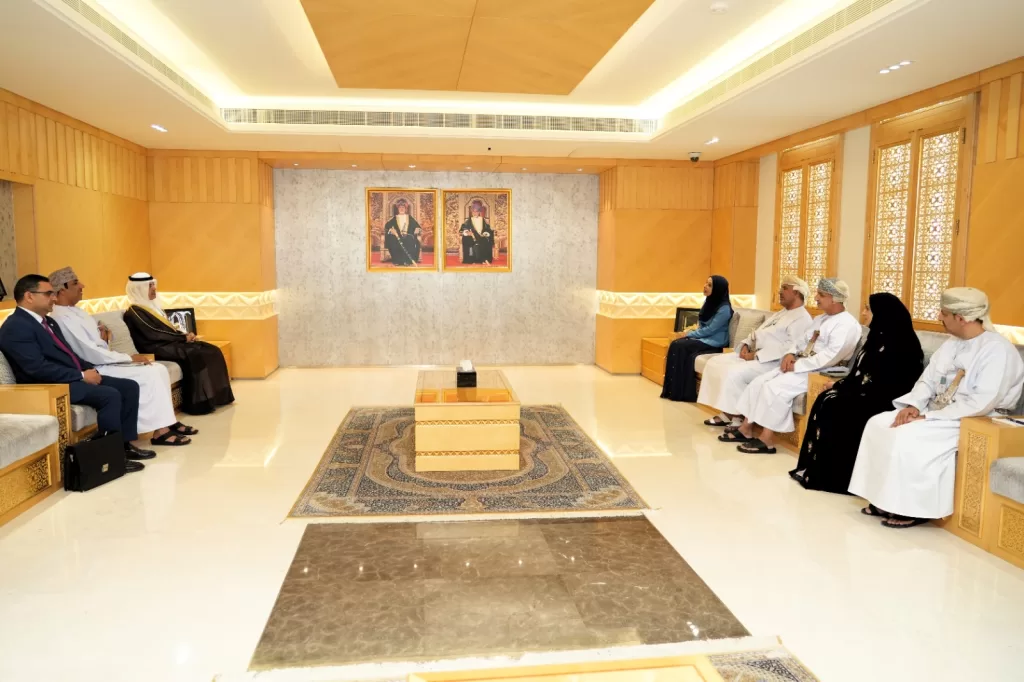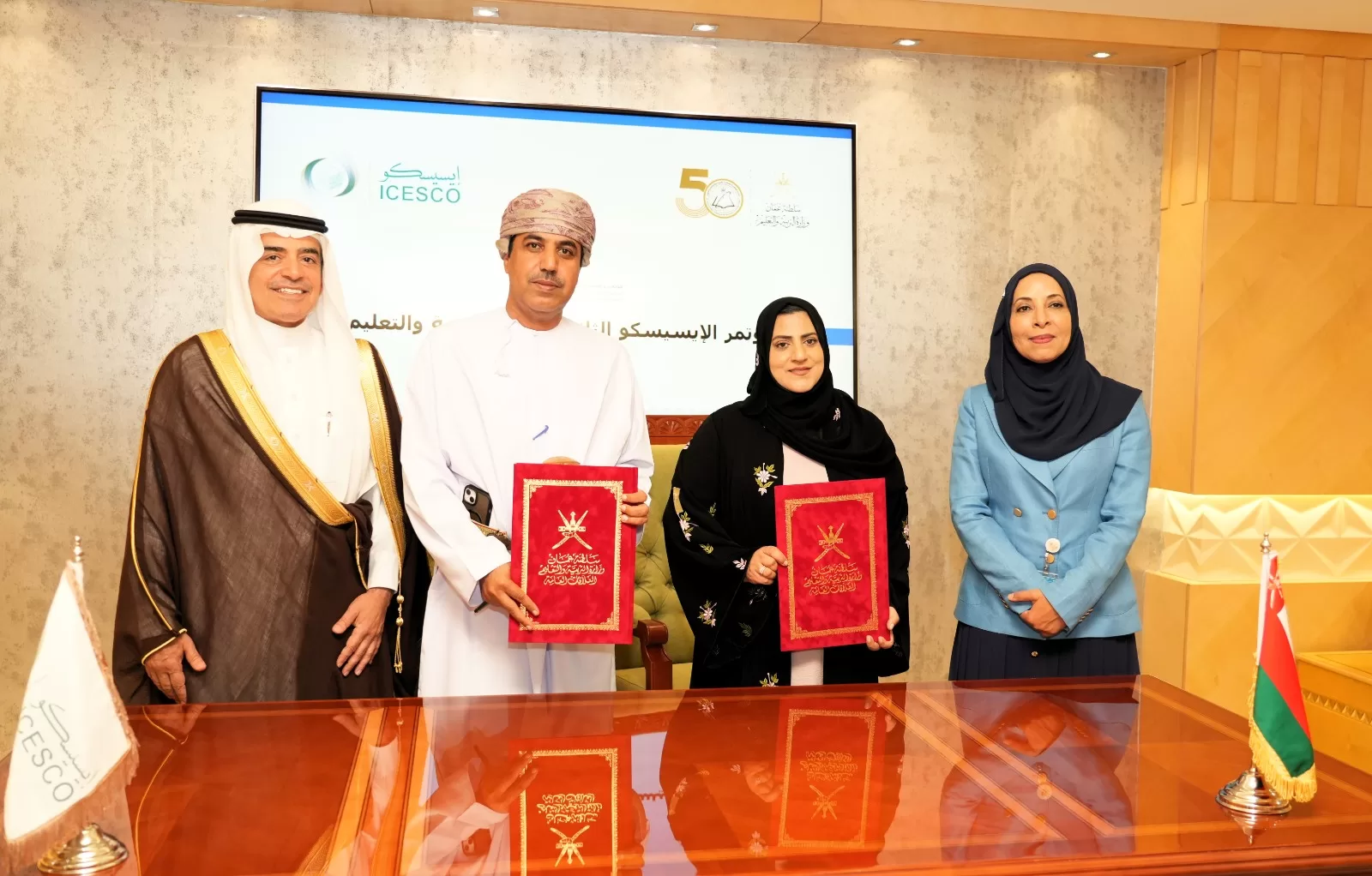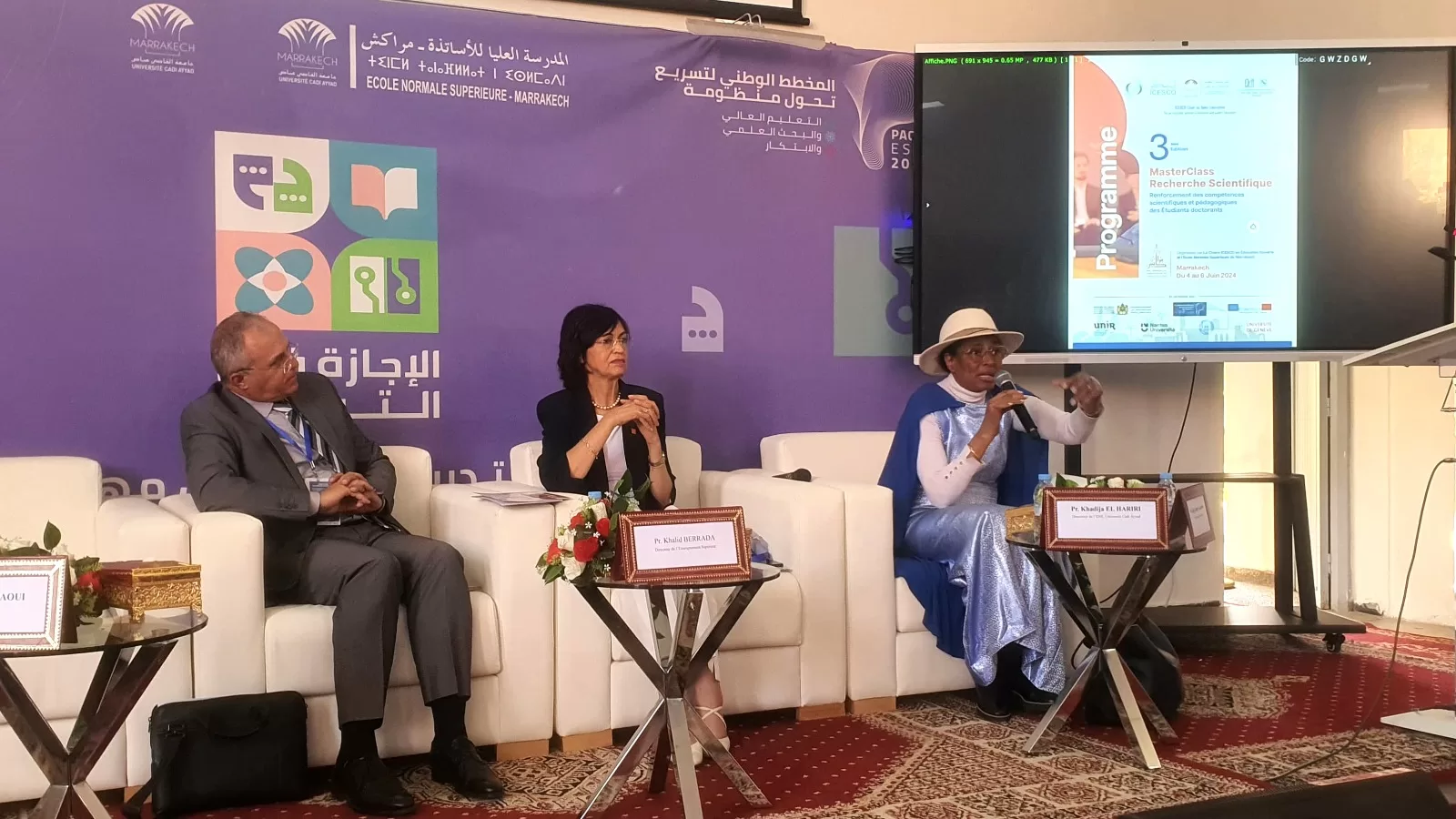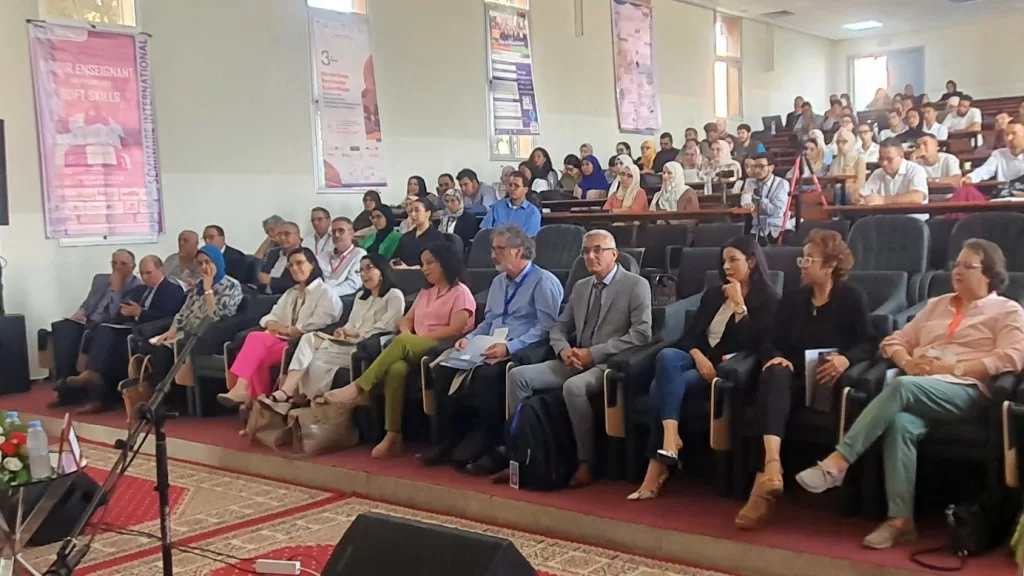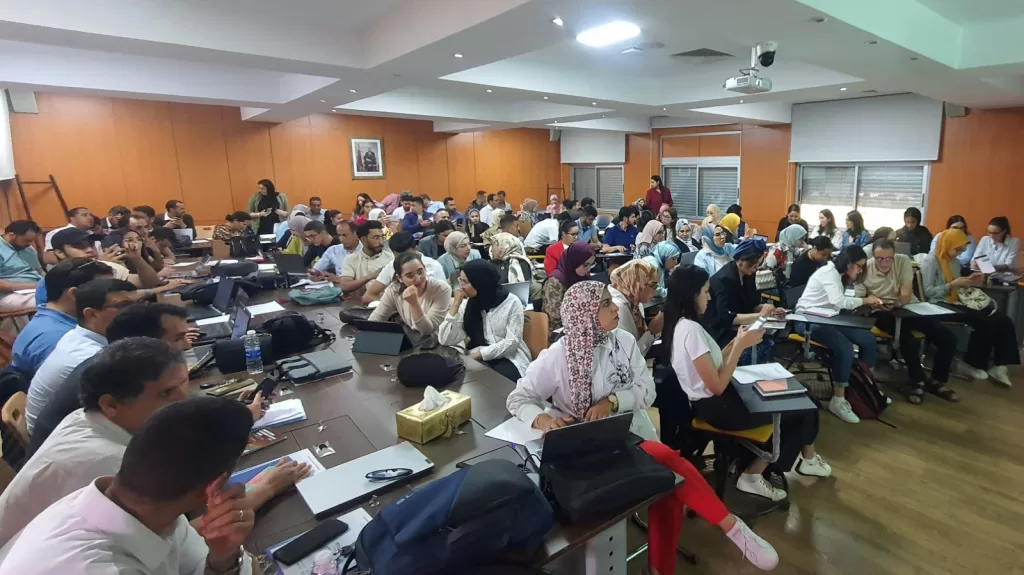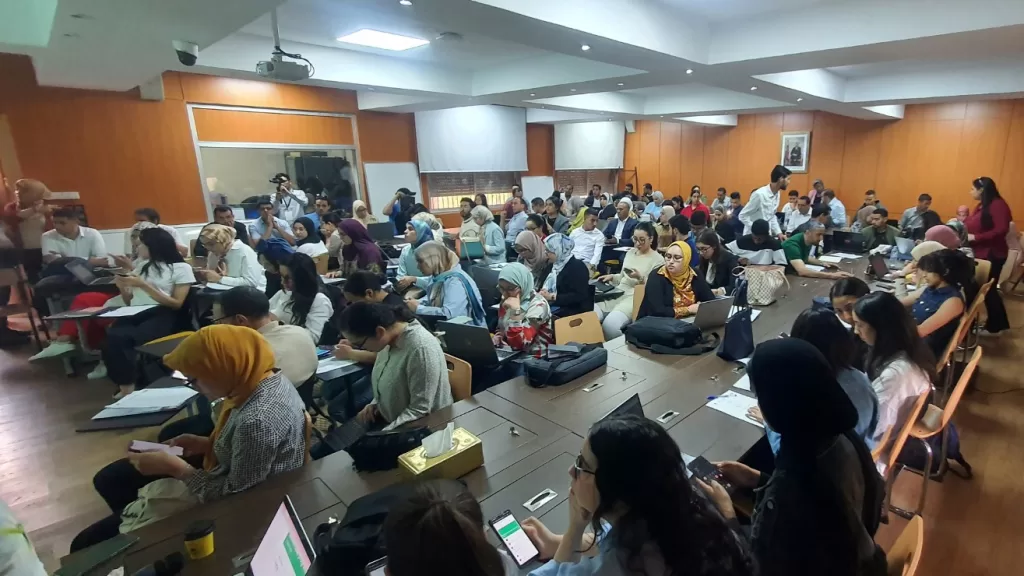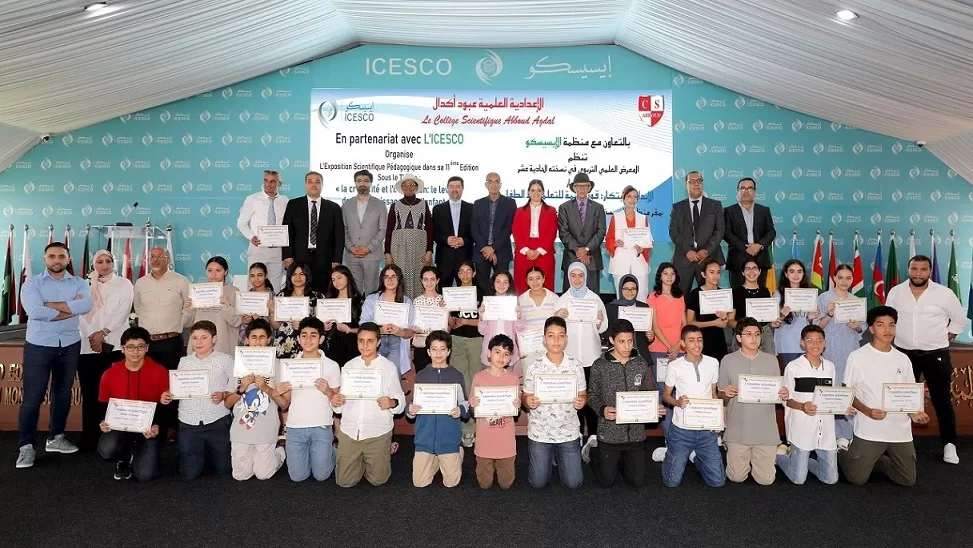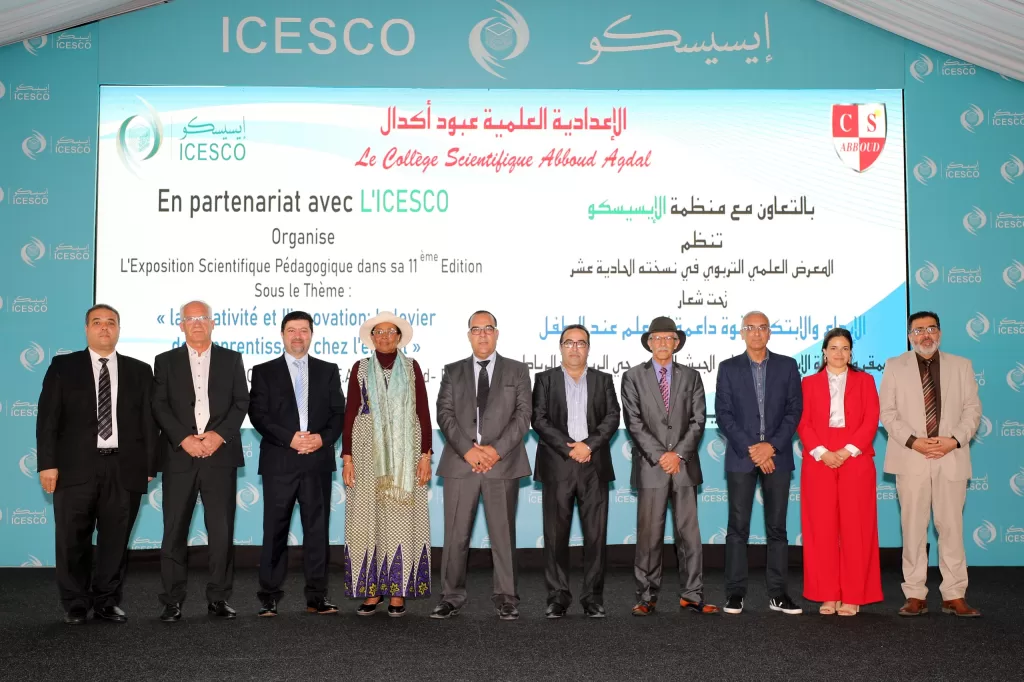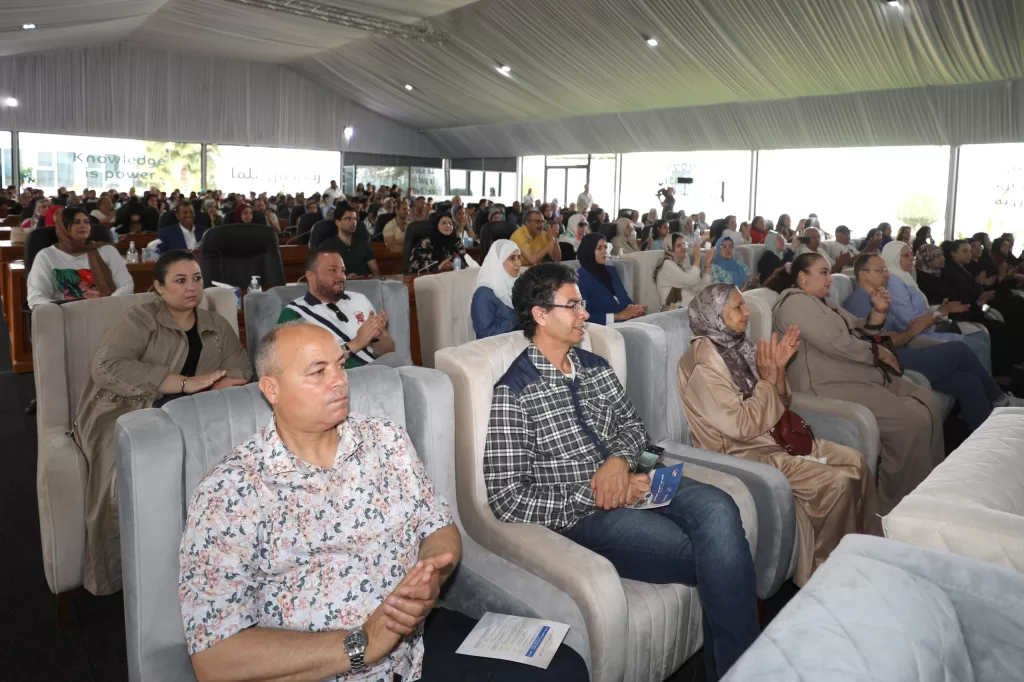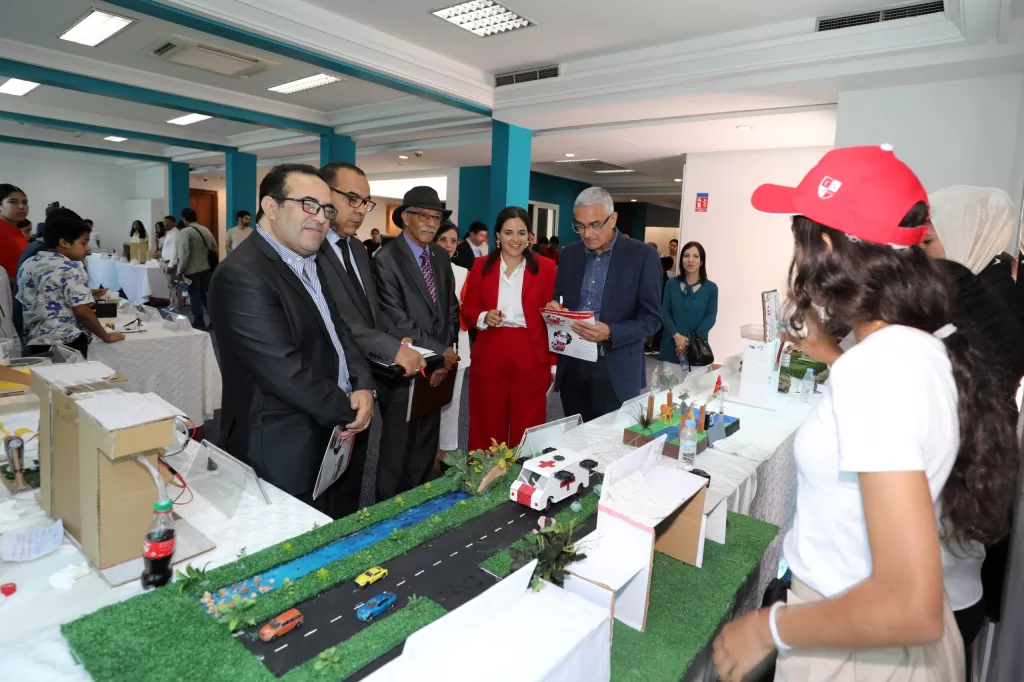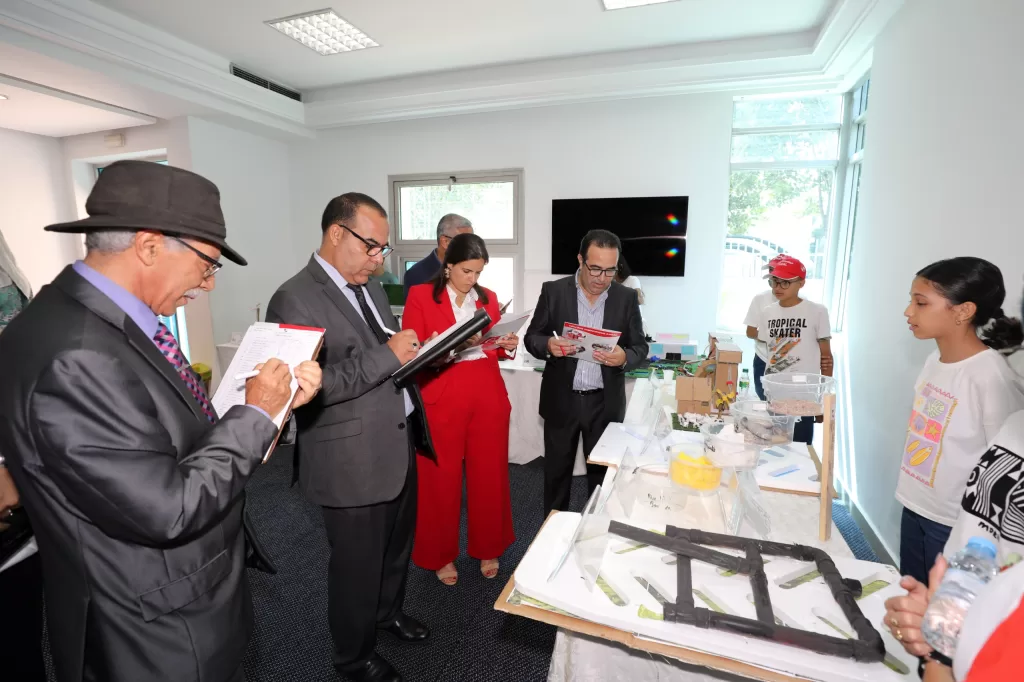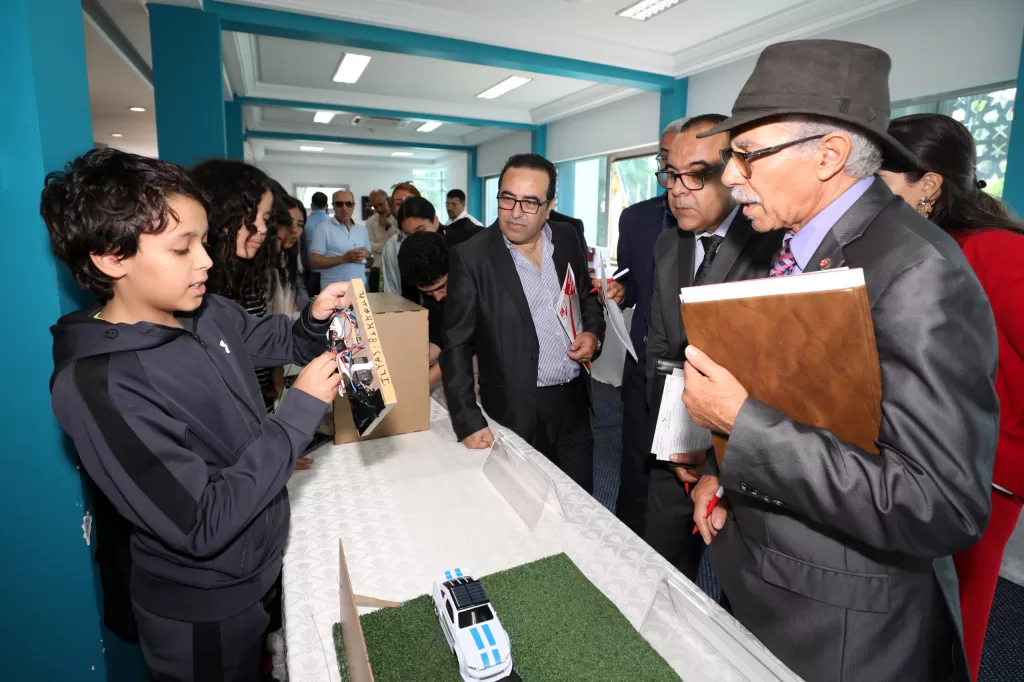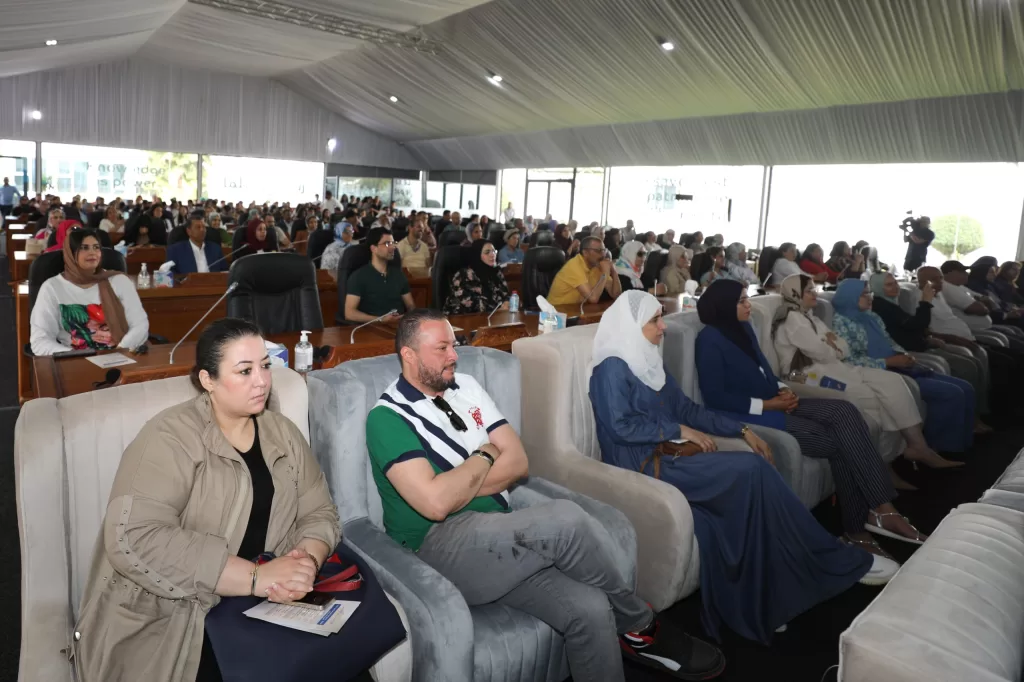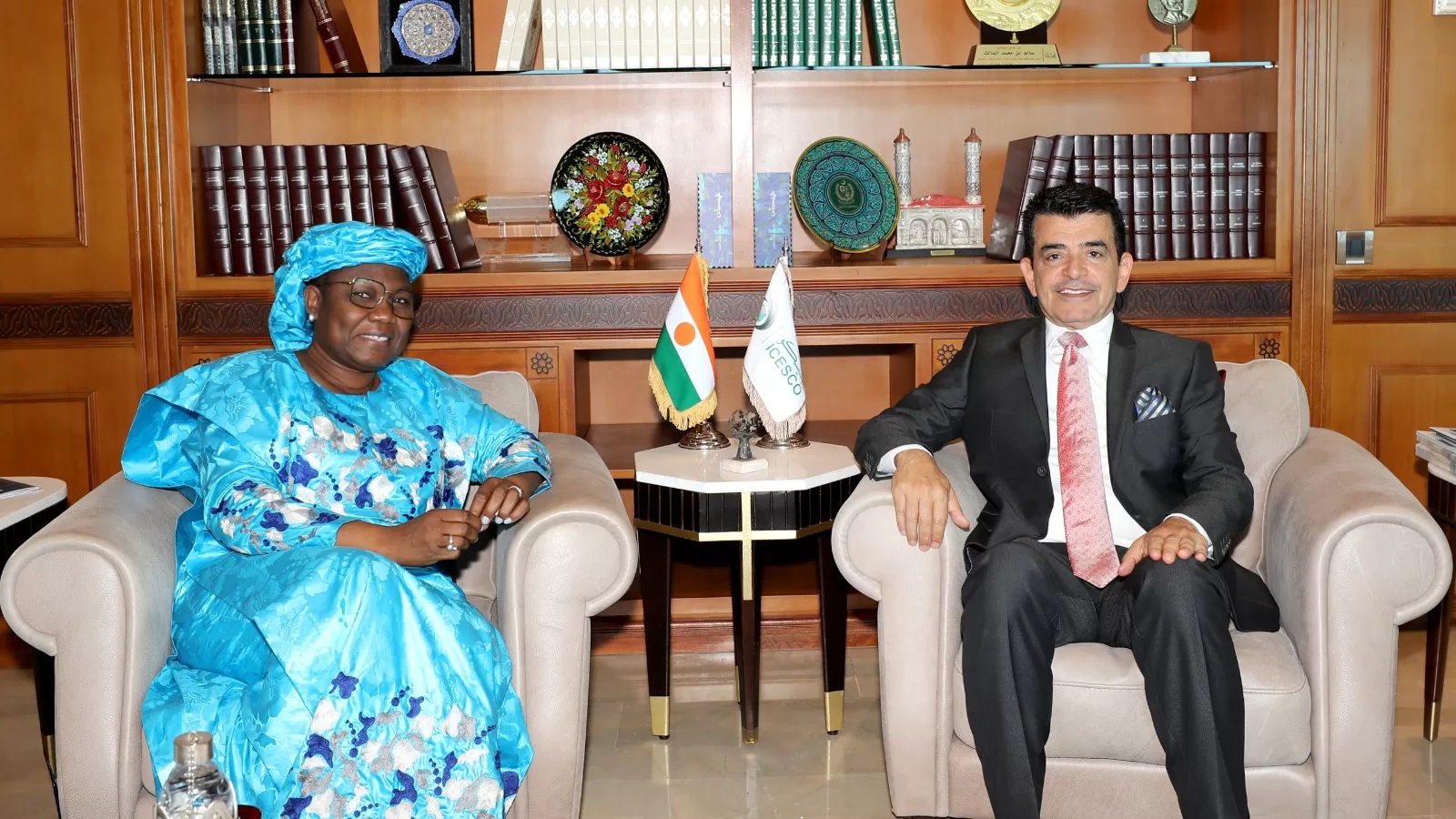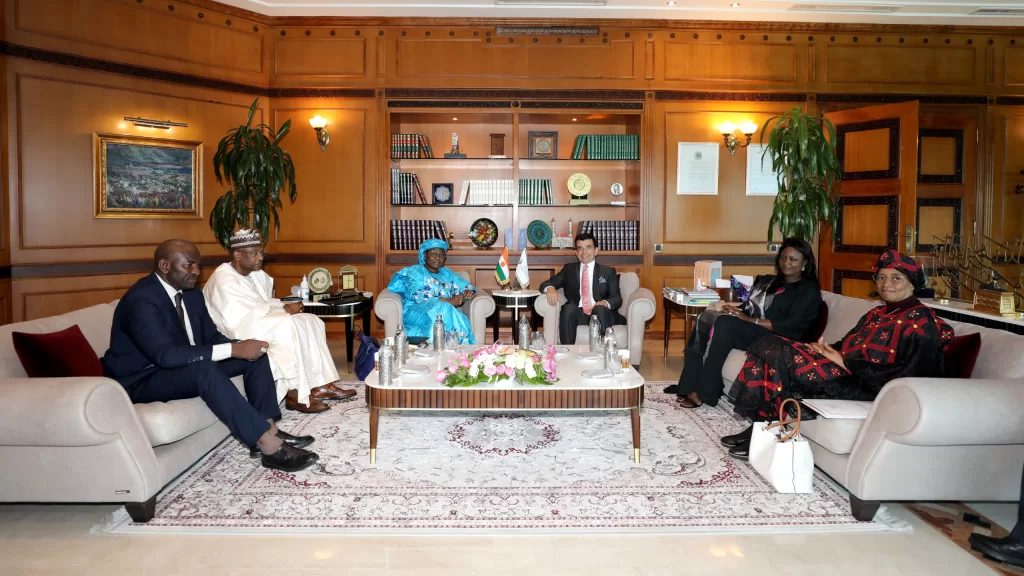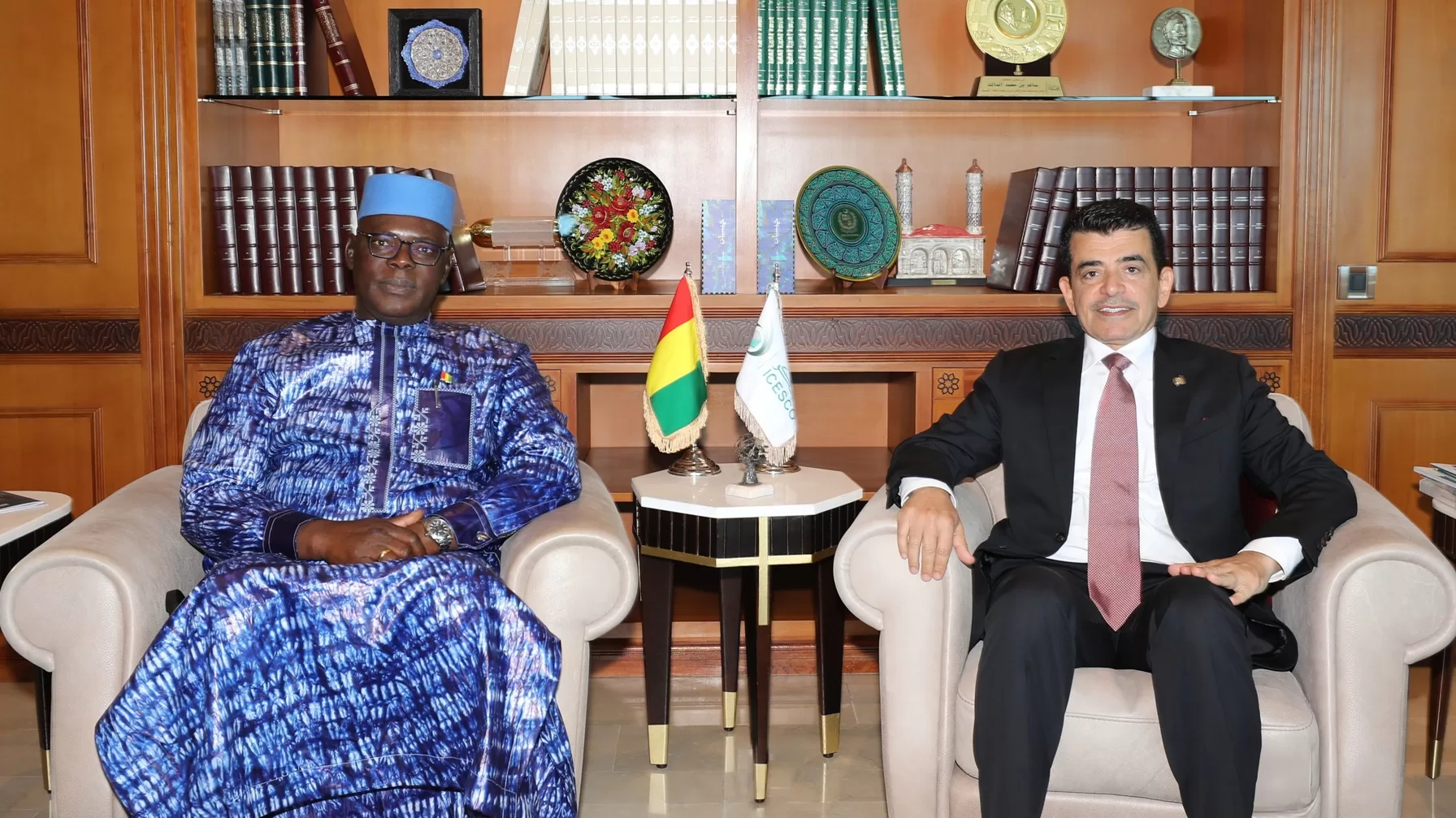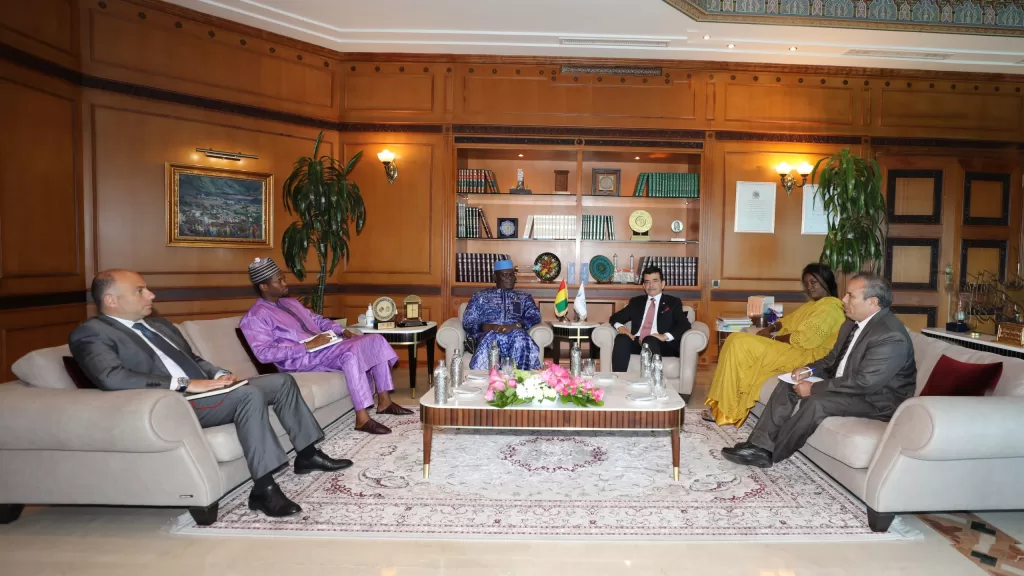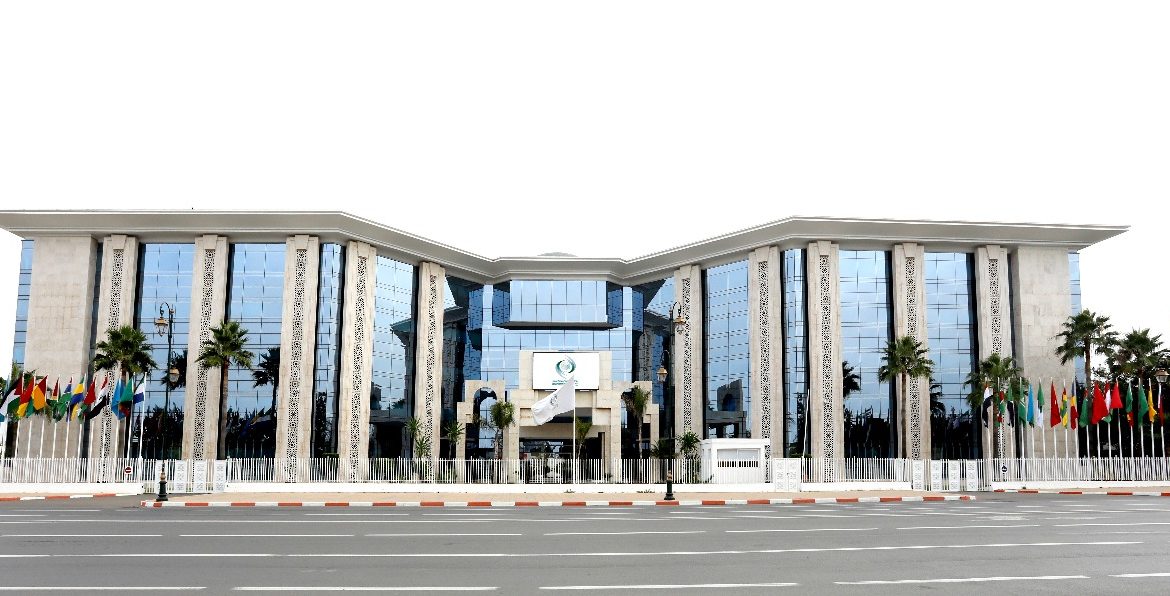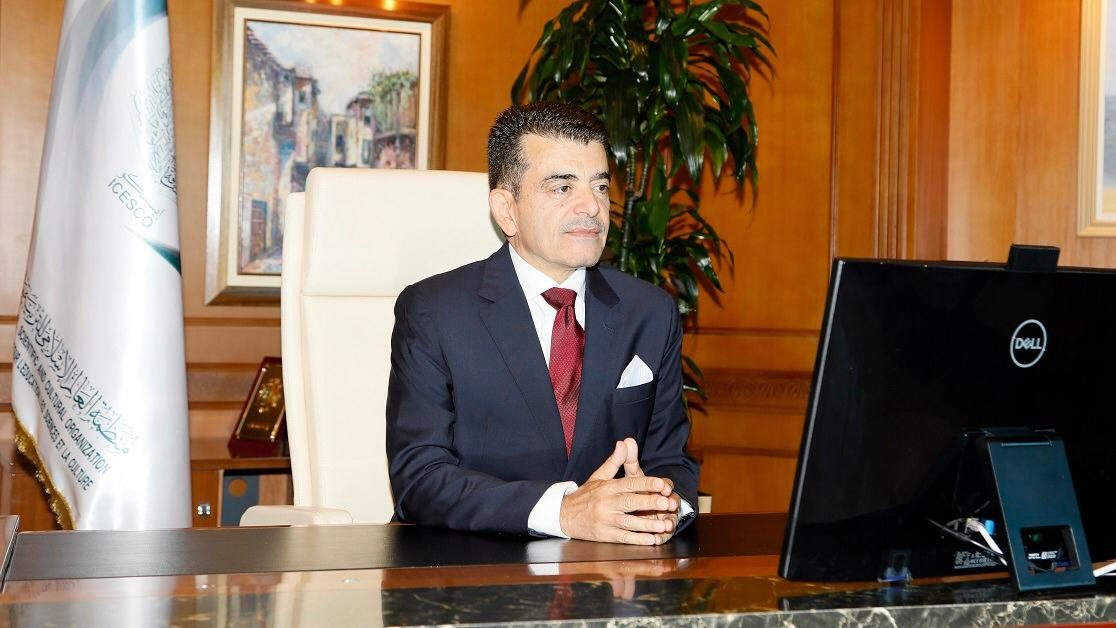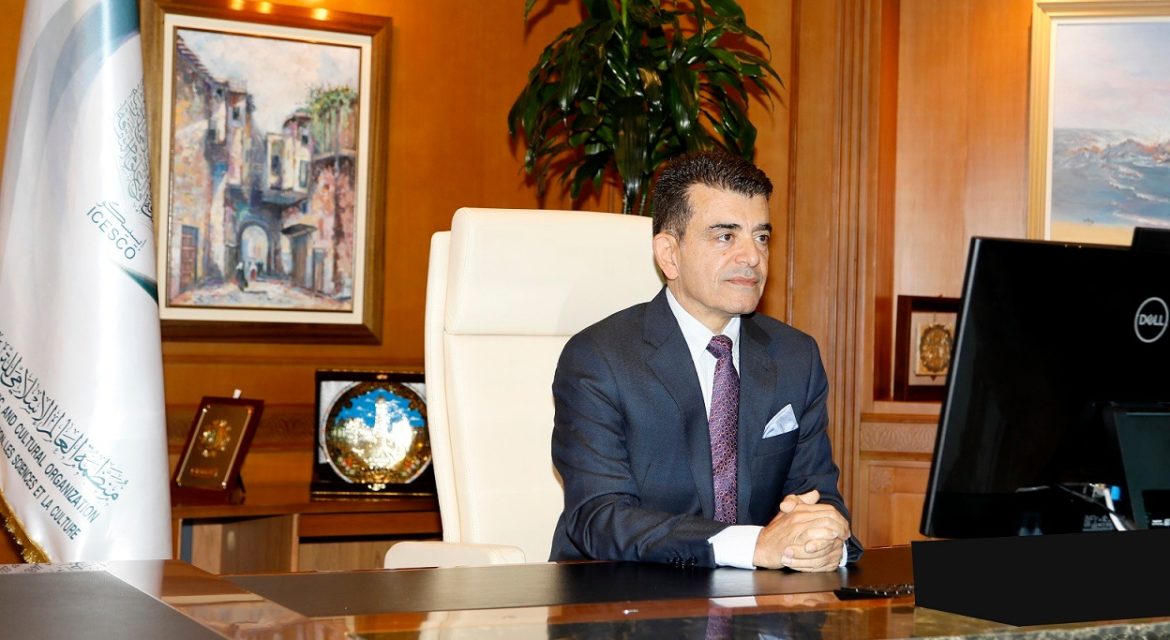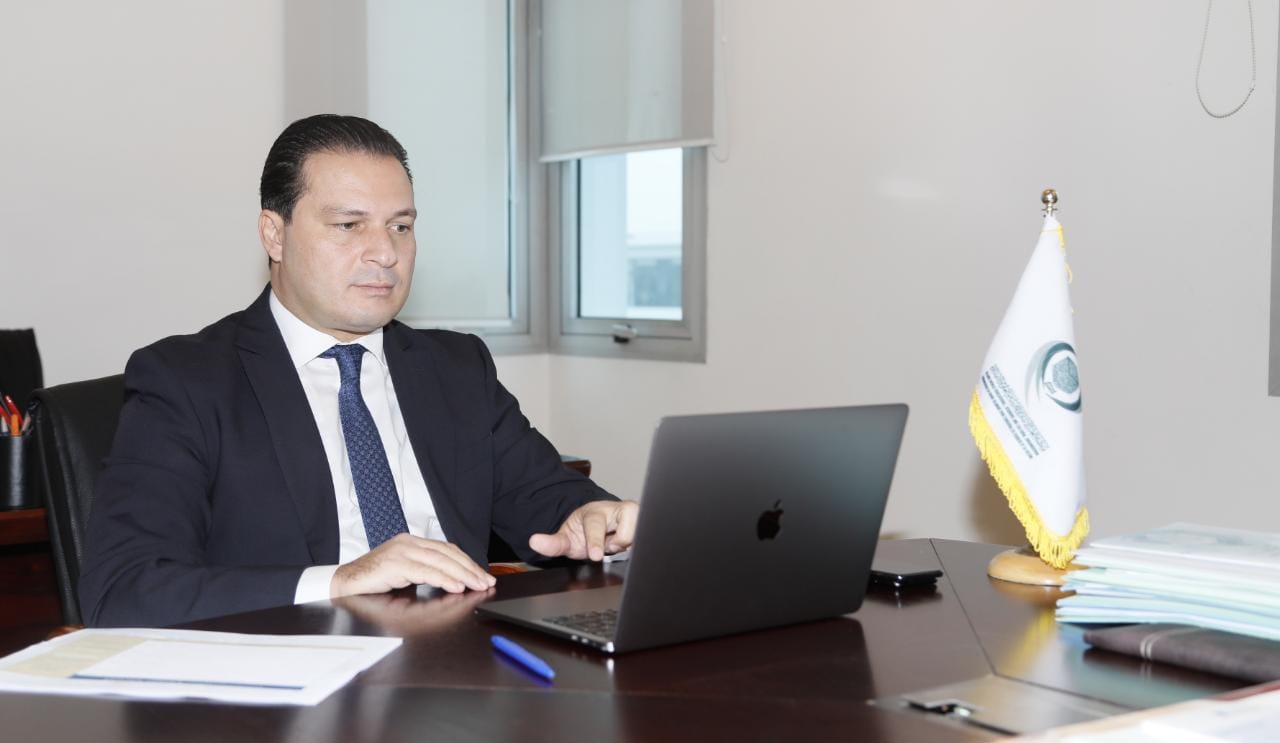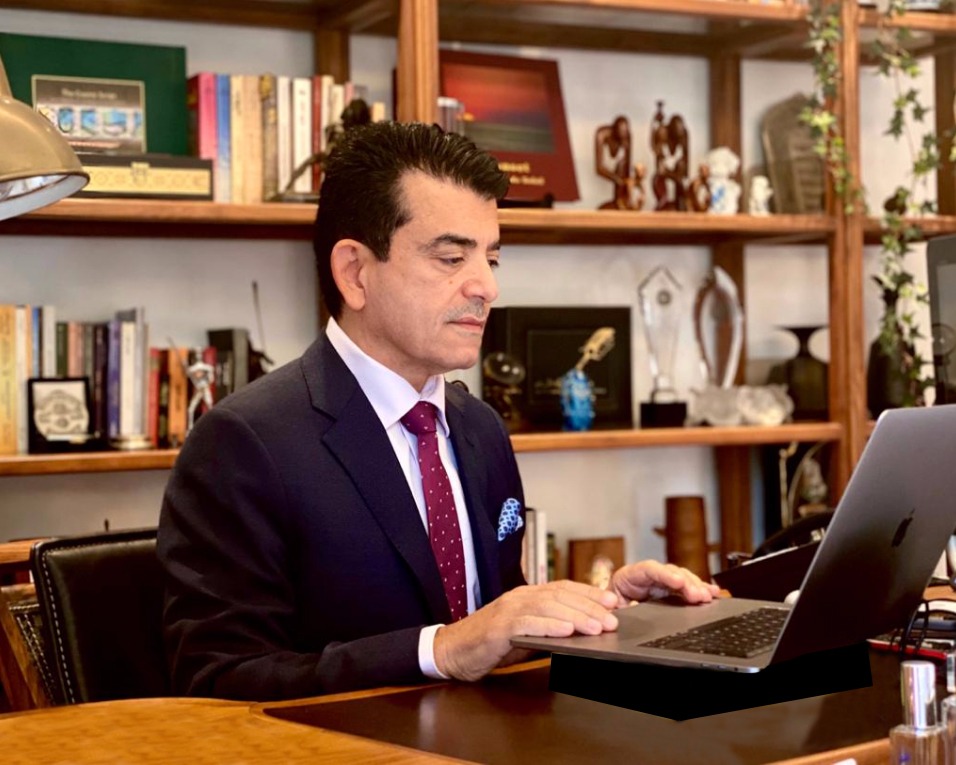Dr. Salim M. AlMalik, Director-General (DG) of the Islamic World Educational, Scientific, and Cultural Organization (ICESCO), and Dr. Madiha Ahmed Al-Shaibani, Minister of Education and President of the Omani National Commission for Education, Culture, and Science, attended today, Wednesday, July 3rd, 2024, at the Ministry’s headquarters in Muscat, the signing of the agreement for Oman to host the Third Conference of Education Ministers of ICESCO Member States, scheduled for October 2-3 , 2024.
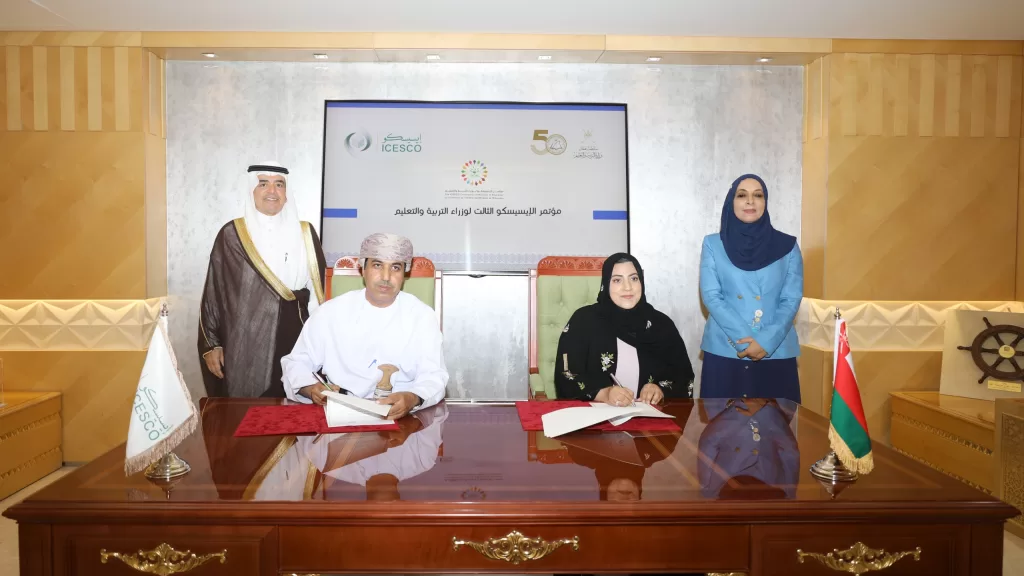
The Agreement was signed by Ms. Amna bint Salem Al Balushi, Secretary-General of the Omani National Commission for Education, Culture, and Science, and Dr. Salim Al Habsi, Director of the General Secretariat of National Commissions and Conferences at ICESCO.
During the meeting, attended by several Ministry officials, the DG expressed thanks and appreciation to the Sultanate of Oman, represented by its Ministry of Education and National Commission, for the initiative to host the Conference and for preparations made so far to ensure its success.
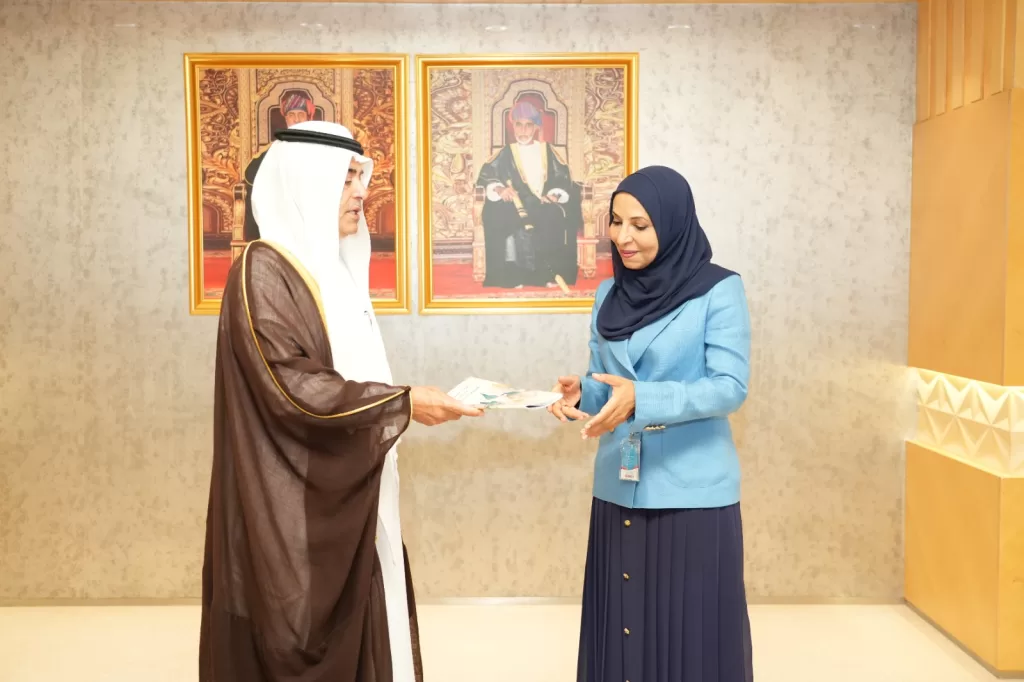
Dr. AlMalik stated that this conference mirrors ICESCO’s efforts to revamp its ministerial conferences, as it will feature key documents addressing the state of the Islamic world post-Transforming Education Summit, in addition to other key themes such as Green Education, and Girls’ Education, prepared by experts from renowned international universities and research centers.
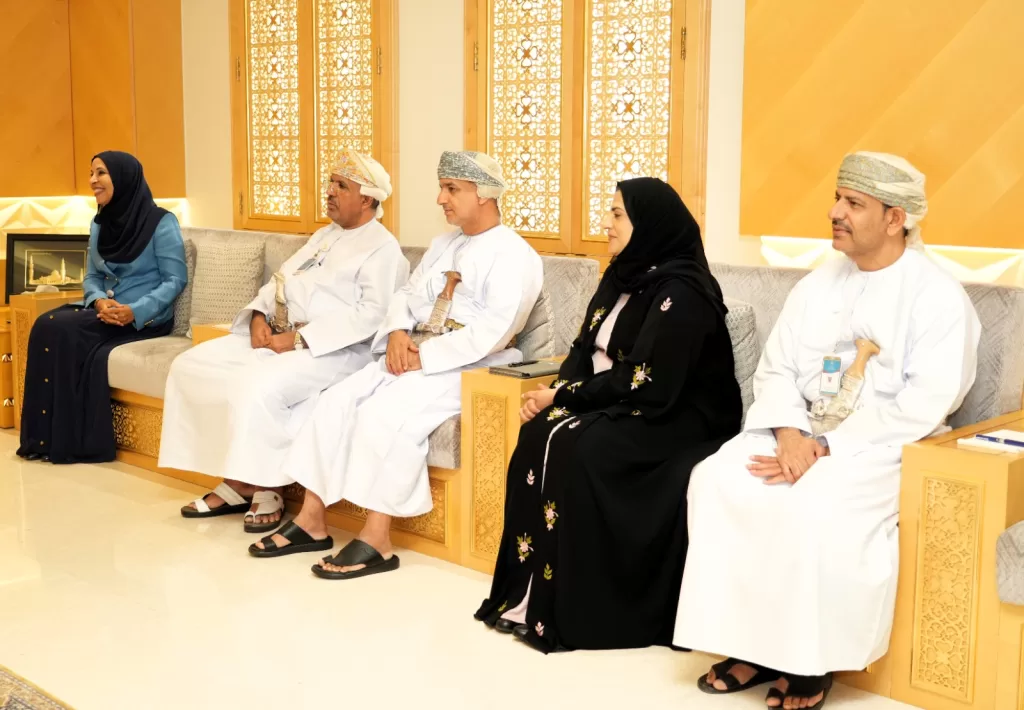
For her part, Dr. Madiha Ahmed Al-Shaibani praised ICESCO’s efforts in preparing for the Conference, reaffirming her country’s keenness to provide all facilitations to ensure the success of this key event.
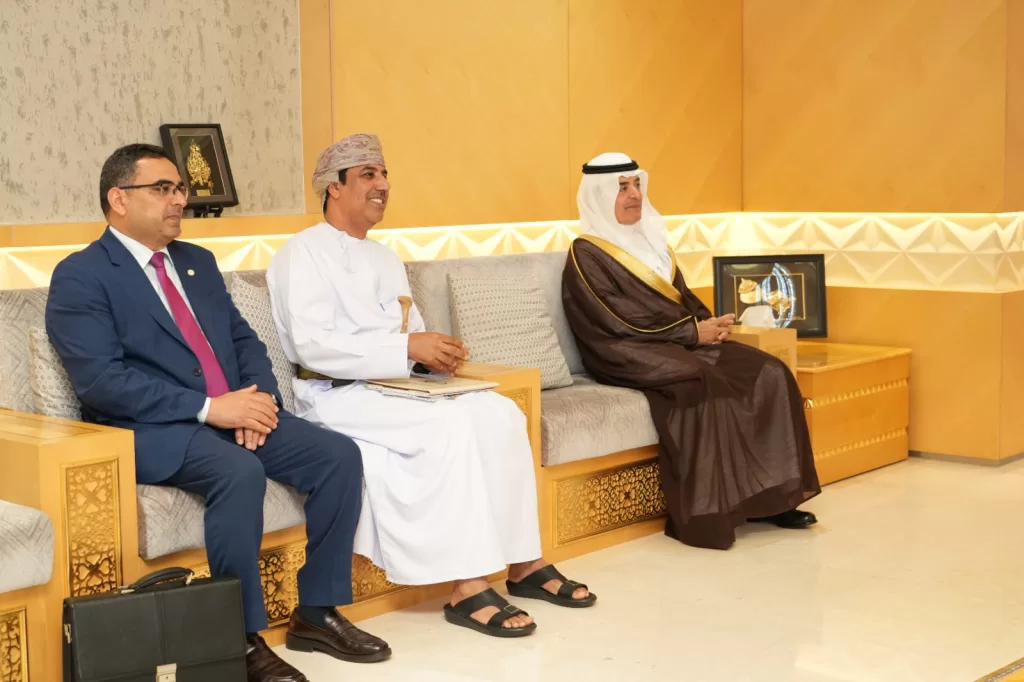
The Meeting also touched upon the Conference’s organizational arrangements, with both sides emphasizing the importance of its outcomes, including studies, documents, and recommendations, to emerge as a significant addition to the efforts of Islamic countries in updating their educational systems to keep pace with the rapid global developments and transformations.
